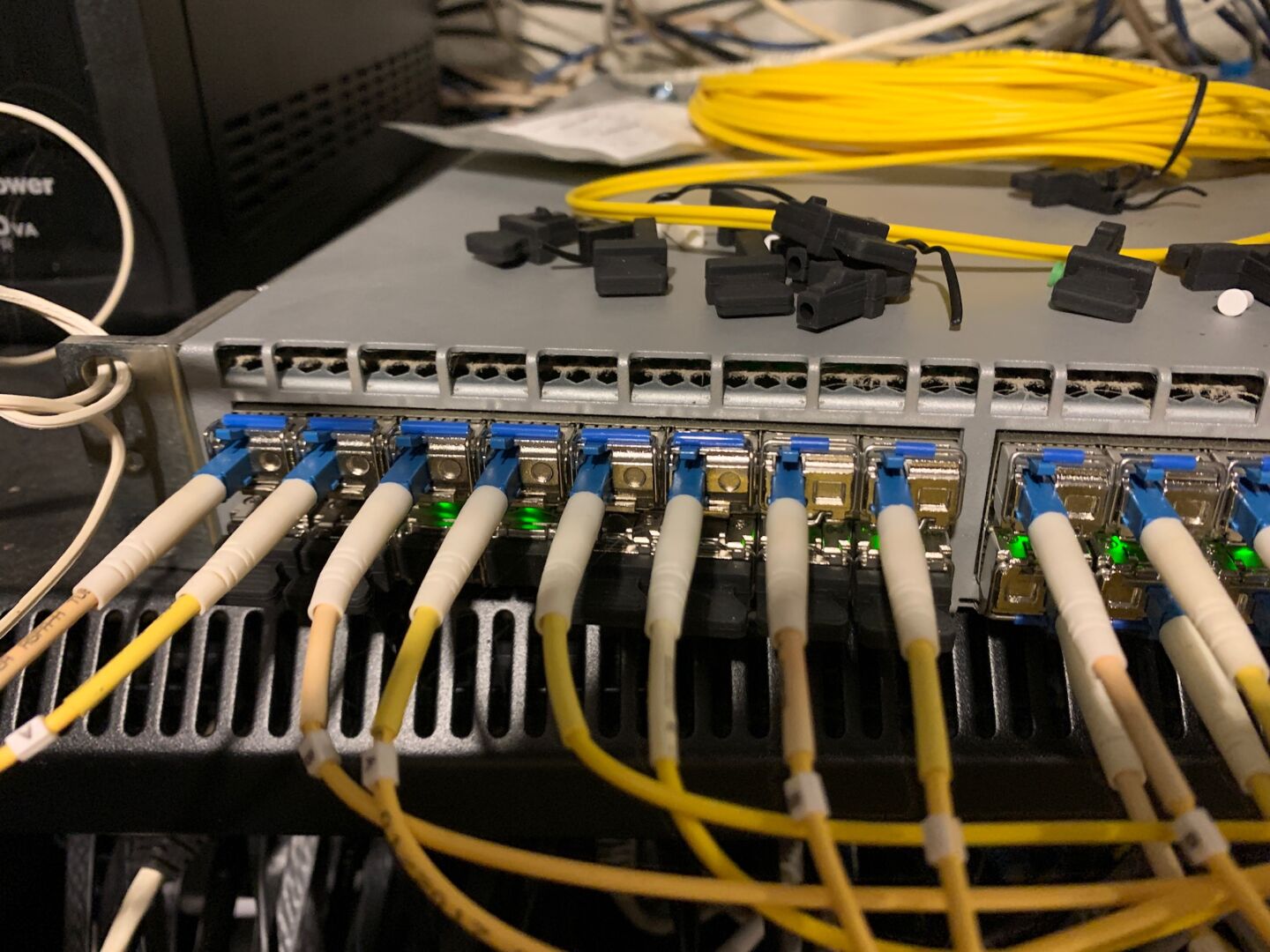
The performance of some ISPs does not hold water. Similar companies can be found in any country. Most often, the problem is that the organization is a monopolist in its region, therefore it does what it wants. There is a great South Park series on the subject called Informative Murder Porn. While it features a cable TV provider, the story is relevant to the internet industry as well.
So, in the suburbs of Michigan, one of the clients of an Internet service provider was so unhappy with the service that he himself became an Internet company. He forwarded optical fiber, made a wiring, registered an enterprise and received high-speed Internet not only for himself, but also began to provide communication for his neighbors. This man's name is Jared Mouch.
It should be said right away that this story is not about an ordinary American from the suburbs working on a small ranch. Mauch had both the experience and the money to carry out his vision. He is a Senior Network Architect at Akamai, so he had the knowledge needed to build a normal Internet infrastructure. But in any case, the story is quite remarkable.
How did it all start?
Mauch moved to a new home in suburban Michigan in 2002. At that time, he will receive a T1 channel from a local provider with a speed of 1.5 Mbps, which was quite enough. But as networking technology improved, Mauch expected the region's network to modernize. But no.
As a result, he switched to a provider that provides wireless Internet services at a speed of 50 Mbps. He also contacted Comcast, the largest IT company in the United States, asking what it would cost to extend the fiber to his home. The company said it would have to shell out $ 50,000 in this case. Mouch, as a wealthy person, was willing to spend $ 10,000, but not fifty thousand dollars. As he himself said later, he did not expect an amount of $ 50,000, and it is not clear what he didn’t want to pay for such a lot of money.
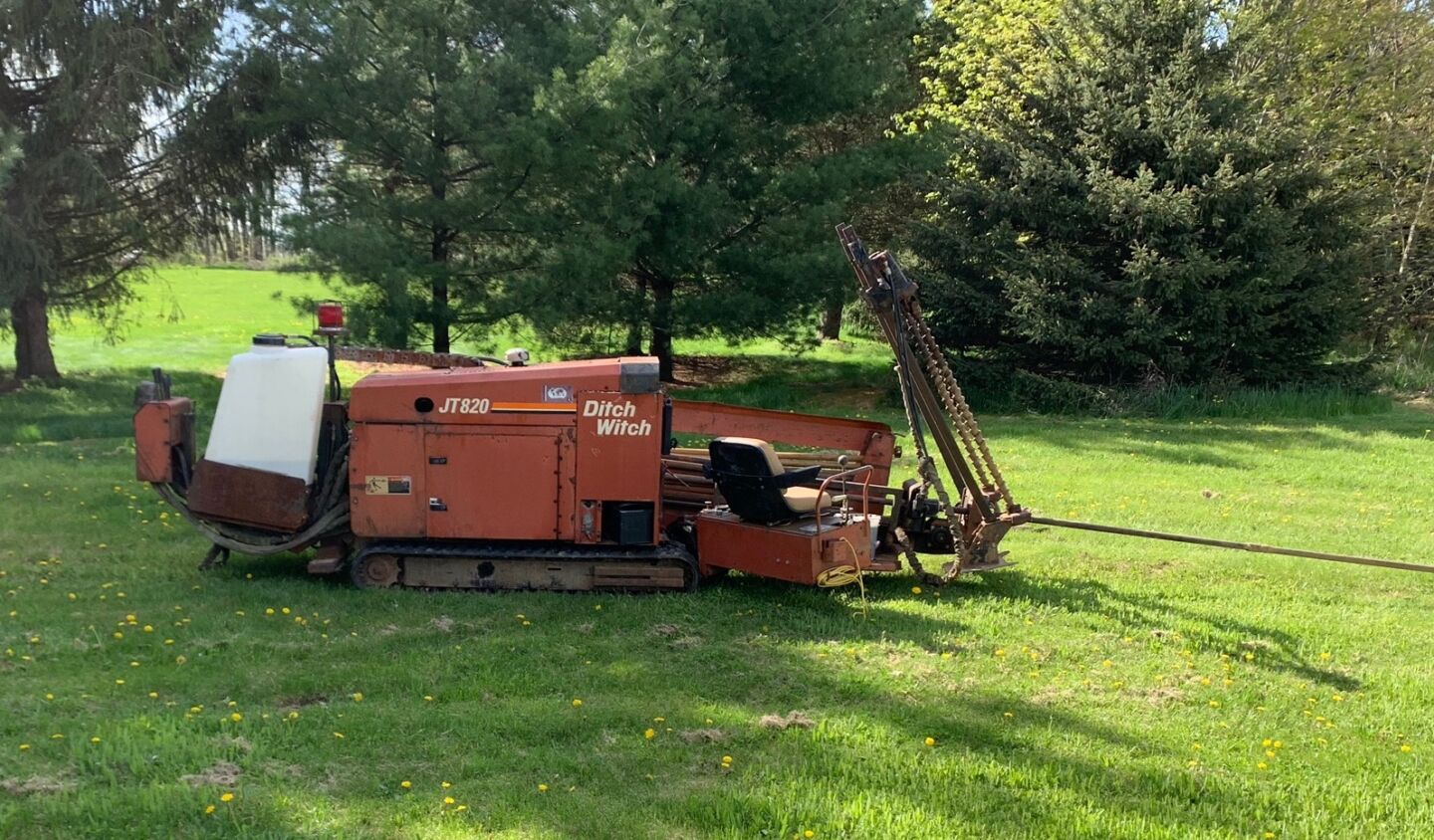
Five years ago, another major ISP, AT&T, offered a DSL line. But in this case, they promised the same speed that he already had before - 1.5 Mbit / s. There was simply no point in changing the awl for soap. And then the provider completely abandoned DSL, abandoning plans to modernize its infrastructure in a number of regions.

Mauch was fed up with all this, and four years ago he decided to become an Internet provider himself. A few months ago, the plan was implemented - the network architect continued about 10 km of fiber and completed all the work necessary to carry out the broadband Internet in his home. Moreover, 70% of his neighbors have become his own clients. They used to use mobile gadgets to connect to the internet.
What kind of company?
The American named it Washtenaw Fiber Properties LLC, registering it as a telephone provider (in the United States, this is the only way to provide Internet to clients). True, it does not provide telephone services, nor does it conduct cable services.
For everything about everything, Mauch spent $ 145,000, which, of course, is a lot even for a non-poor person. But he can gradually return this money, providing communication services to an increasing number of clients in his region.

$ 95,000 was spent on laying two Internet channels. One of them is currently being used for conducting fiber, the second is free, so Mauch hopes to rent out some IT company that will come to this region in the near future. The length of the line from the connection point to Mauch's house is 10 km. Both pipelines are located at a depth of about 2 m, although in some cases they deepen to 5 m in order to bypass pipelines for various purposes.
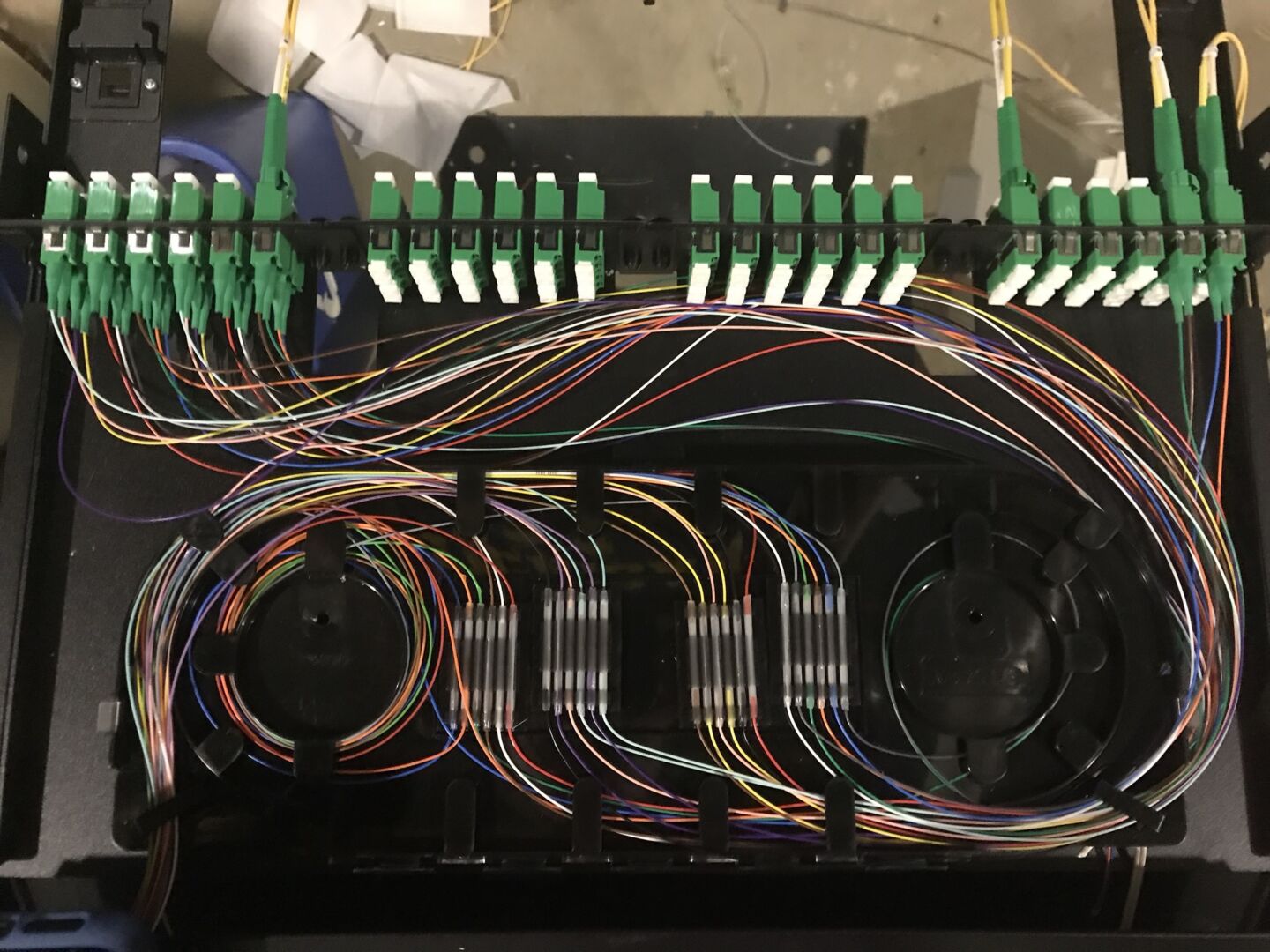
Fiber optic Mauch continued on his own, without hired workers. He had to rent the equipment for this, since in case of purchase he would have to spend another $ 26,000. The American's house is now a hub for connecting his own customers. In case of problems with the main communication channel, the new ISP has connected to another larger ISP. In general, everything is grown up here.
Mauch installs a Mikrotik RBFTC11 media converter with an Ubiquiti PON-to-Ethernet module in customer homes. Customers can use their own wireless routers or buy from Mauch at cost. He decided not to rent out the equipment, as it was not beneficial for the customers.
By the way, some of them have voluntarily spent several thousand US dollars to reduce Mauch's costs. For this they received discounts and premium service (free beer on Saturdays?). It was already mentioned above that I had to spend a lot. But the American plans to go to zero in 3.5 years - he thought out a business model, so there is no particular problem with refunds.
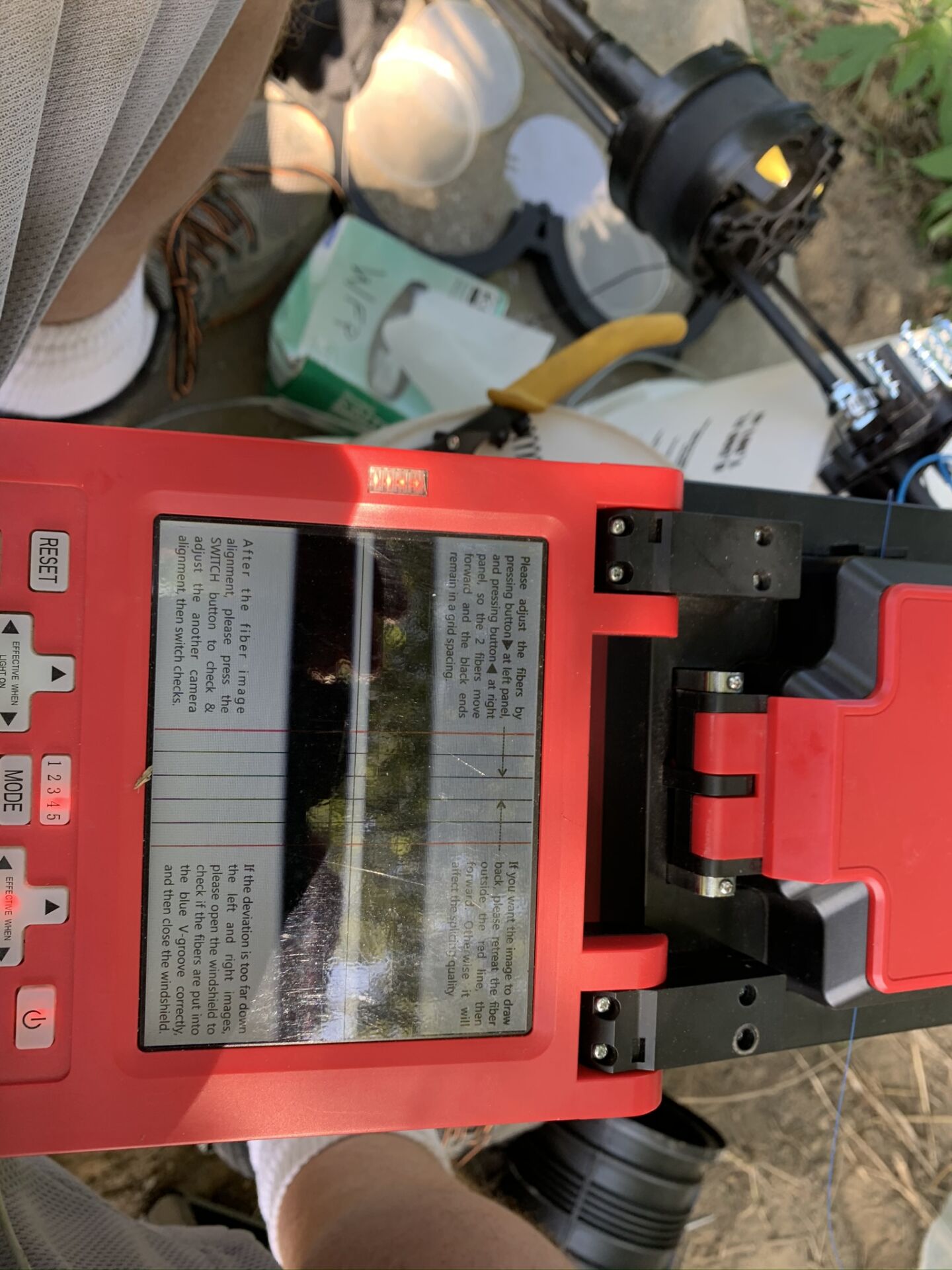
As for tariffs, the American asks for $ 65 for a channel with a bandwidth of 50 Mbit / s (this is quite normal for the USA), $ 75 for a channel of 250 Mbit / s and $ 99 for 500 Mbit / s. If the client's home is far from the backbone, then the client has to pay for the installation of fiber.

Not without problems - various approvals, breakdowns and even theft of important equipment, which the police later found thanks to an ad created by a thief on Facebook, interfered with the normal course of the project. But Mauch did it - and now the provider is working, providing Internet to over 30 homes nearby. New clients appear every month.
What about customer complaints?
They are not, at least not yet. The customers are satisfied, there are no disconnections or other problems. The only few requests that have been received are to increase the wireless coverage in a number of homes. Customers asked them to install more powerful routers instead of the ones they bought themselves.
Officially, Mauch does not provide communication channels with a bandwidth higher than 500 Mbps. But in reality, since customers do not choose the full speed, often the figure reaches 1 Gbps.
By the way, the American's neighbors were lucky. Residents of suburbs and distant from cities regions have a hard time. About 17.3% of the population in such locations is unable to connect to broadband access. As a last resort, this is an expensive mobile network.
Future plans
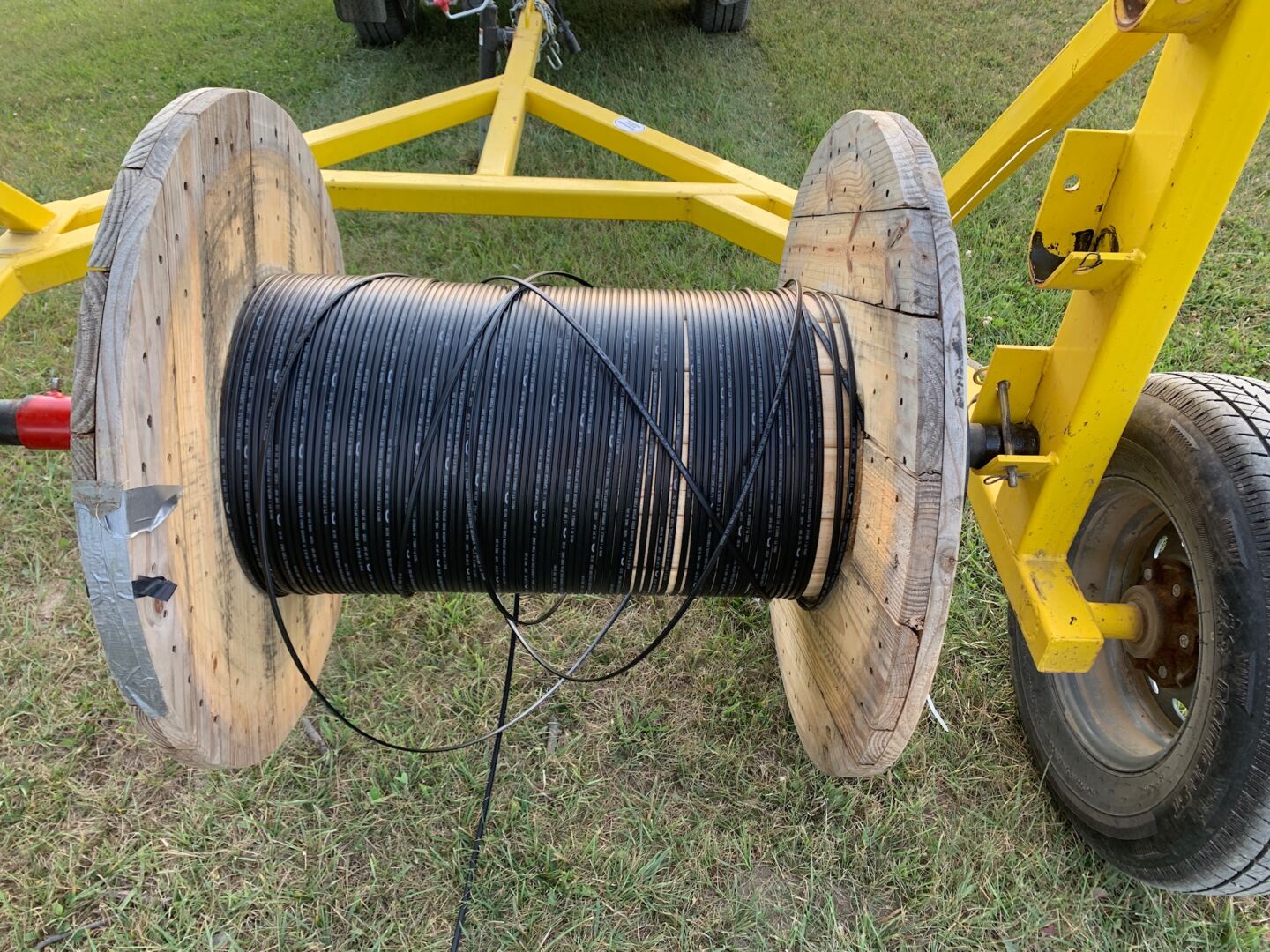
Mauch has more and more clients. He says he recently had 150 more potential clients. It also provides communication services to one of the smaller wireless internet companies in the region.
Requests are received not only from neighbors, but also from residents of small towns nearby. The American plans to expand his network, recovering part of the money spent on the project. Now he is already thinking about where it is more interesting for him to work - in the company where he is currently employed, or as the head of an Internet company. But so far, it turns out to be combined, since an Internet company does not require a lot of time - it takes from 8 to 10 hours a month.
